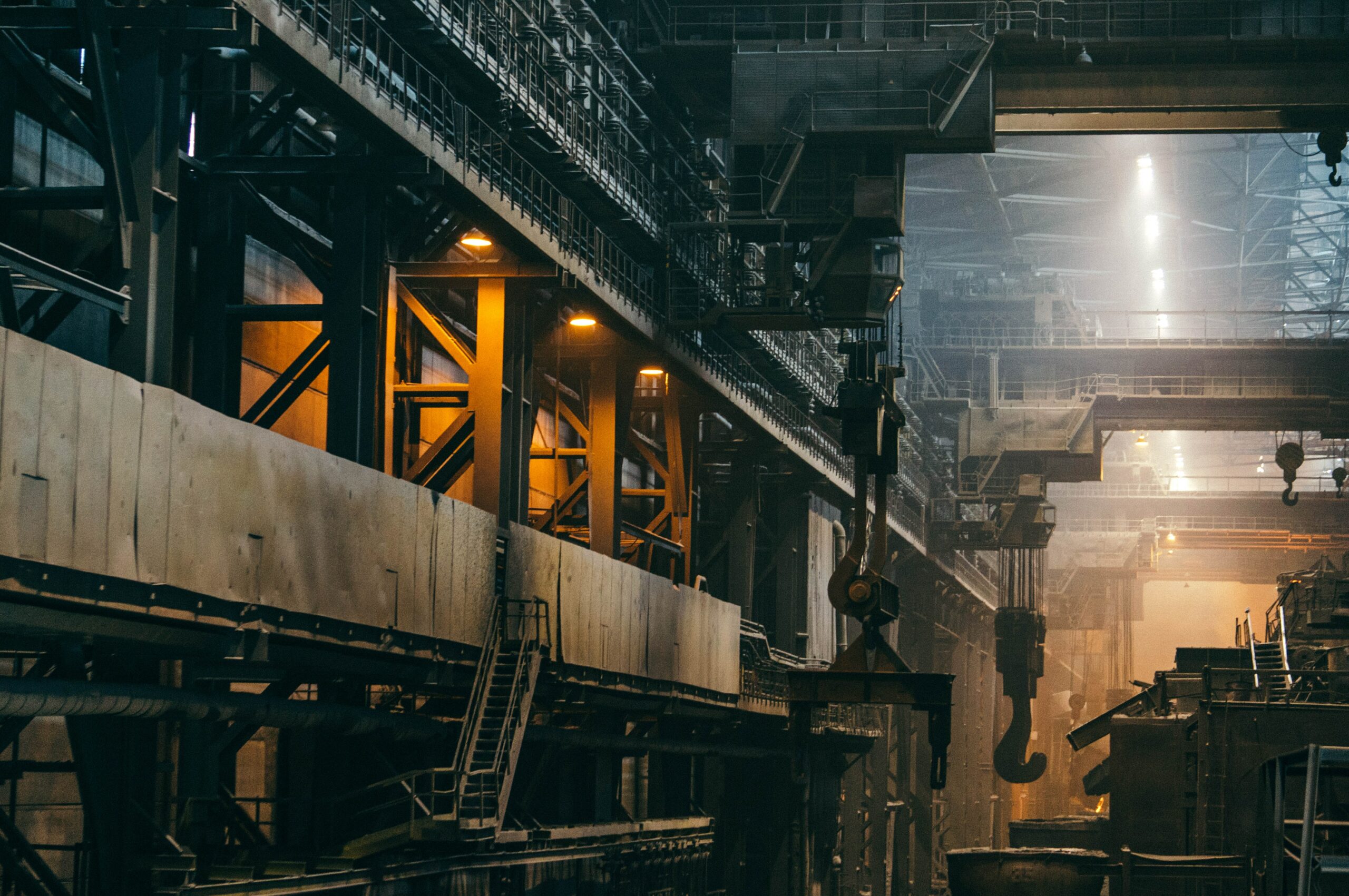Output in world’s workshop plummets
Factories across East Asia were left facing uncertainty after manufacturing output slumped in the region, exacerbated by unrest in China and slowing global demand.
The trends highlight Asia’s gloomy economic outlook for 2023, as the lockdowns, labour disputes and civil protests rock international manufactured goods supply and sharpen fears of a further slump in the continent’s economy.
Amid the pandemic curbs, China’s factory activity shrank in November, audits showed recently. The result implied weaker employment and economic growth in the fourth quarter.
Manufacturing activity also contracted in export-reliant economies, including Japan and South Korea, and in emerging nations, such as Vietnam, underscoring widening damage from weak global demand and stubbornly high input costs, various media said, including Bloomberg, CNBC and The South China Morning Post.
China leads the way … down
The consequences of China’s covid and industrial woes have been felt widely across Asia. Taiwan’s Manufacturing Purchasing Managers’ Index (PMI) stood at 41.6 in November, up slightly from 41.5 in October but remaining far below the 50 mark.
Vietnam’s PMI fell to 47.4 in November from 50.6 in October, while that for Indonesia slid to 50.3 from 51.8, the latest available data showed.
Korea’s sorry, lorry saga
As both a factor contributing to the malaise, and as an illustration of how workers in Asia’s manufacturing sector are an unhappy lot – unionised truckers in South Korea kicked off their second major strike in less than six months recently.
The industrial action, mainly over pay and conditions, threatens to further disrupt manufacturing and fuel supplies both inside the world’s 10th-largest economy, and have a domino effect for global trade.
With fuel costs soaring, the truckers are calling on the government to legally enshrine a minimum-pay system that is due to expire by the end of the year, and to expand benefits for truckers in other industries, including oil tankers.
The government has said it will extend the scheme for three years but rejected other union demands. Lead organiser the Cargo Truckers Solidarity Union (CTSU) has warned the strike could stop oil supplies at major refineries and transport at major ports and industrial plants.
In June, an eight-day strike by truckers delayed cargo shipments for industries from autos to semiconductors in Asia’s fourth-largest economy, costing more than $1.2 billion in lost output and unmet deliveries.
Industry giants including Hyundai Motor and steelmaker POSCO were forced to cut output by the June strike, and POSCO has warned that fresh action could slow repair works at a major plant hit by floods this summer.
Our take
Manufacturing as an indicator of economic prosperity and performance feels like a hangover from the last century. But at times like this, especially with the upcoming festive period, it shows just how important the sector is to global trade.
Despite just how efficient – and proficient – East Asia has become in this field, theres no getting around the fact that China’s role is so influential that when it stutters, others flat-out fall.
In addition, with big brands like Apple facing output issues at their large Chinese plants, it’s likely multinationals are eyeing up new potential venues for their manufacturing facilities: chief among them South Asia and West Africa. So for the astute investor, tracking the upcoming shifts is vital.
